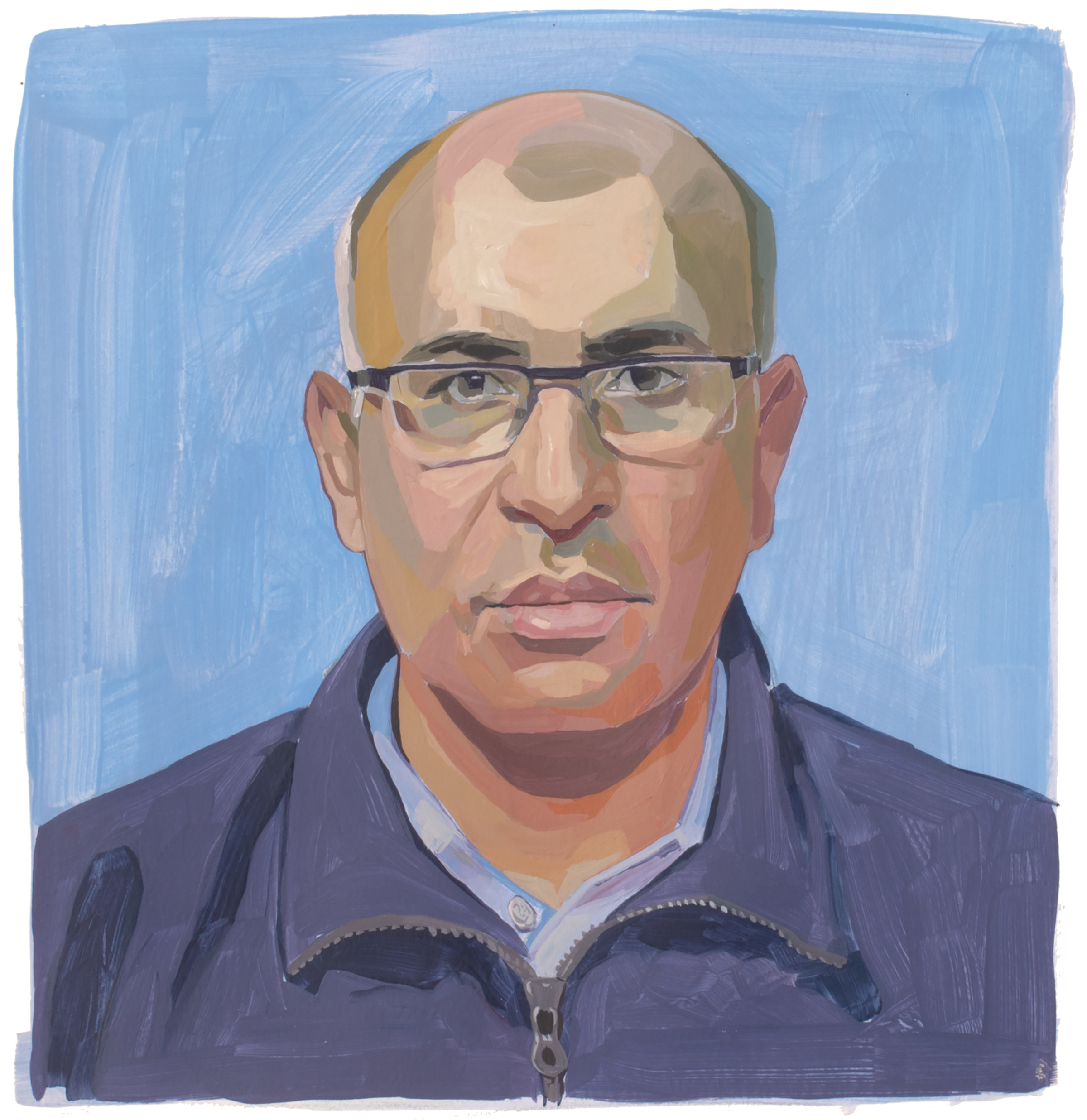Early next year, a factory in Brazil plans to release a new product: mosquitoes. The World Mosquito Program facility will give more than 1 billion of the insects the Wolbachia bacteria, which is harmless to humans but prevents the mosquitos from carrying the deadly virus that causes dengue fever, and even Zika and chikungunya. As they interbreed with local mosquitos, they’ll pass along the bacteria until eventually no mosquitoes can carry the diseases.
The founder and CEO of the project, Scott O’Neill, aims for the Wolbachia-powered mosquitoes to spread to the swamps and puddles of the world to help stamp out dengue, which sickens 100 million people each year and causes tens of thousands of deaths. The disease is especially rampant this year, sparking public-health emergencies in Latin America and threatening to spread globally.
The process of breeding the mosquitoes is intensive, but according to O’Neill, it may lead to a permanent solution: in the part of Australia where the program first released mosquitoes in 2011, the local insects still carry Wolbachia, and dengue has disappeared.
O’Neill says the program aims “to get the technology to the greatest number of people in the shortest amount of time,” which means scaling up while teaching governments how to use the technology. The situation is only becoming more urgent because of climate change: in 2023, the WHO warned that dengue had become eight times more common since 2000 and could spread to new regions. For O’Neill, the priority is protecting the people who are threatened right now. “Climate change is going to add to what was already a huge problem,” he says.
More Must-Reads from TIME
- The New Face of Doctor Who
- Putin’s Enemies Are Struggling to Unite
- Women Say They Were Pressured Into Long-Term Birth Control
- Scientists Are Finding Out Just How Toxic Your Stuff Is
- Boredom Makes Us Human
- John Mulaney Has What Late Night Needs
- The 100 Most Influential People of 2024
- Want Weekly Recs on What to Watch, Read, and More? Sign Up for Worth Your Time
Contact us at letters@time.com





